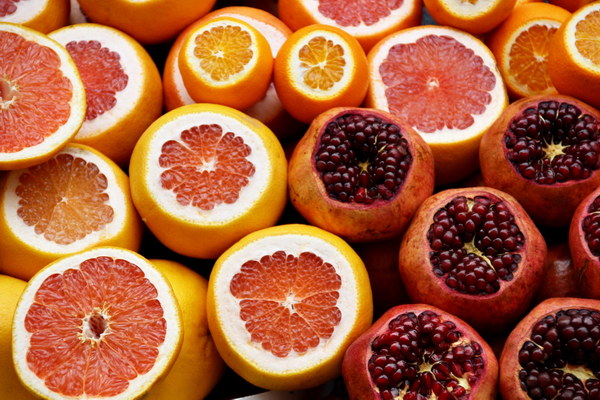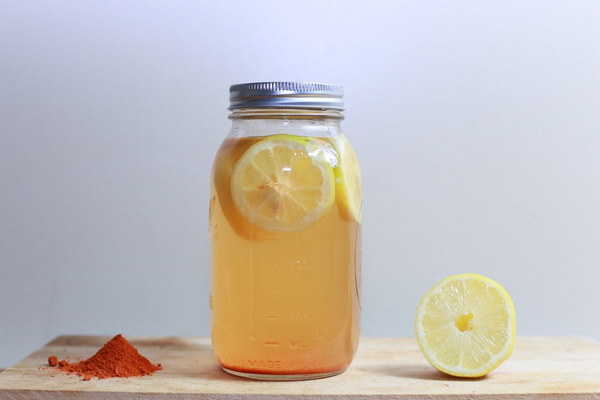Is Drinking Too Much Soy Milk Good for Kidney Health A Comprehensive Guide
In recent years, soy milk has gained immense popularity as a healthy alternative to traditional dairy milk. It is a rich source of protein, vitamins, and minerals, making it a preferred choice for many health-conscious individuals. However, there has been a growing debate regarding the impact of excessive soy milk consumption on kidney health. In this article, we will delve into the question: Is drinking too much soy milk beneficial for kidney health?
Firstly, it is essential to understand that kidney health is a critical aspect of overall well-being. The kidneys play a vital role in filtering waste products, excess fluids, and toxins from the blood, maintaining the body's electrolyte balance, and producing hormones that regulate blood pressure and red blood cell production. Therefore, it is crucial to ensure that the diet supports kidney health.
Soy milk is made from soybeans, which are a great source of plant-based protein. In fact, soy milk contains all nine essential amino acids, making it a complete protein source. This protein content can be beneficial for kidney health as it helps in muscle repair and growth. Moreover, soy milk is low in saturated fat and cholesterol-free, which can be beneficial for individuals with kidney disease or those at risk of developing kidney issues.

However, consuming excessive amounts of soy milk may not necessarily be beneficial for kidney health. Here are a few reasons why:
1. High Phosphorus Content: Soy milk contains a higher amount of phosphorus compared to dairy milk. While phosphorus is an essential mineral for bone health, excessive intake can be harmful to kidney patients. High levels of phosphorus in the blood can lead to calcium loss, weaken bones, and increase the risk of cardiovascular disease.
2. Potential for Soy Allergies: Some individuals may have soy allergies, which can lead to adverse reactions when consuming soy milk. These allergies can put a strain on the kidneys, as the body attempts to filter out the allergens.
3. Isoflavones: Soy milk contains isoflavones, which are plant-based compounds that mimic the effects of estrogen in the body. While isoflavones have been linked to several health benefits, excessive intake may have a negative impact on kidney health in some cases.
4. Blood Pressure: High blood pressure is a common risk factor for kidney disease. Although soy milk is low in sodium and can help lower blood pressure, consuming excessive amounts of soy milk may lead to an imbalance in electrolytes, potentially exacerbating hypertension.
So, how much soy milk is considered excessive? According to the American Heart Association, adults should consume no more than three servings of soy milk per day. A serving is approximately eight ounces (240 milliliters). It is essential to monitor your soy milk intake and consult with a healthcare professional if you have concerns about kidney health.
In conclusion, while soy milk can be a healthy addition to your diet, consuming excessive amounts may not be beneficial for kidney health. It is crucial to maintain a balanced diet and consult with a healthcare professional to ensure that your dietary choices support your overall well-being. Remember that individual needs may vary, and it is essential to tailor your diet to your specific health requirements.
In summary, drinking too much soy milk may not necessarily be beneficial for kidney health. While it offers several health benefits, such as a high protein content and low sodium levels, it is essential to monitor your intake and consider potential risks, such as high phosphorus content and soy allergies. By maintaining a balanced diet and consulting with a healthcare professional, you can ensure that your dietary choices support your kidney health and overall well-being.









